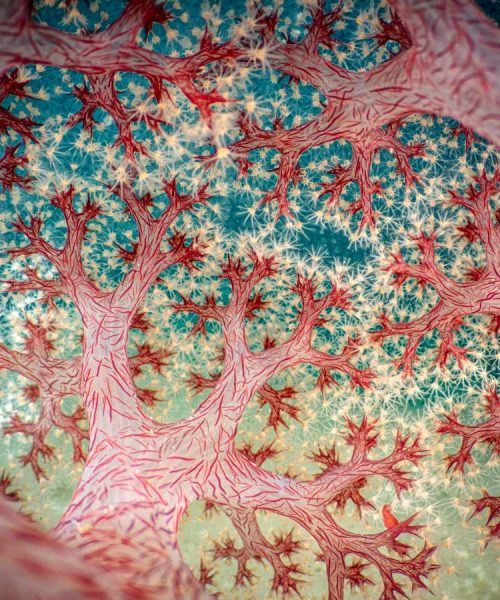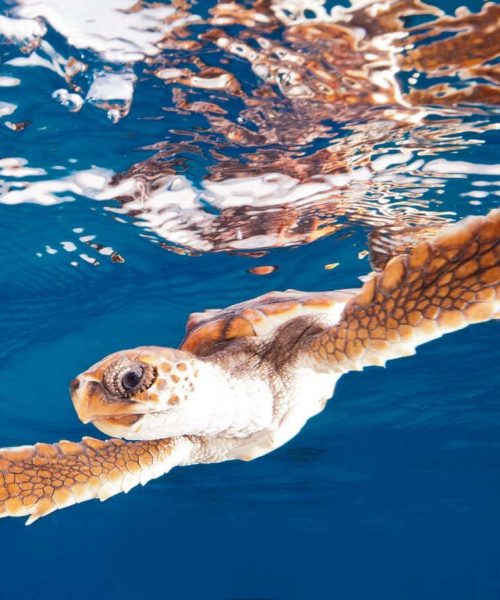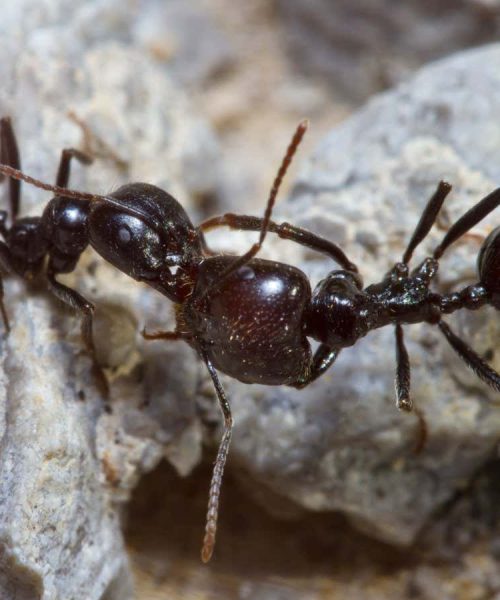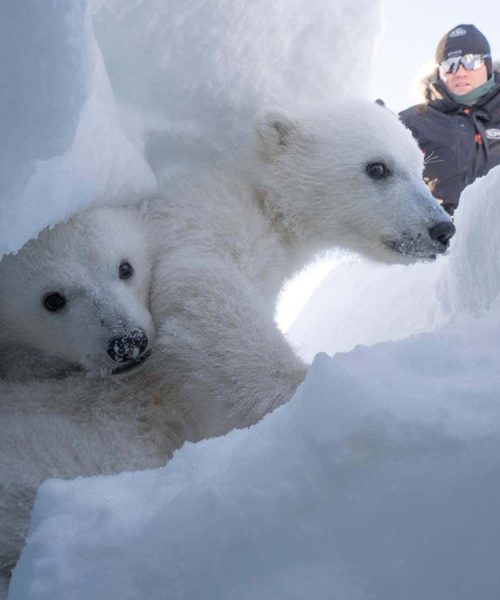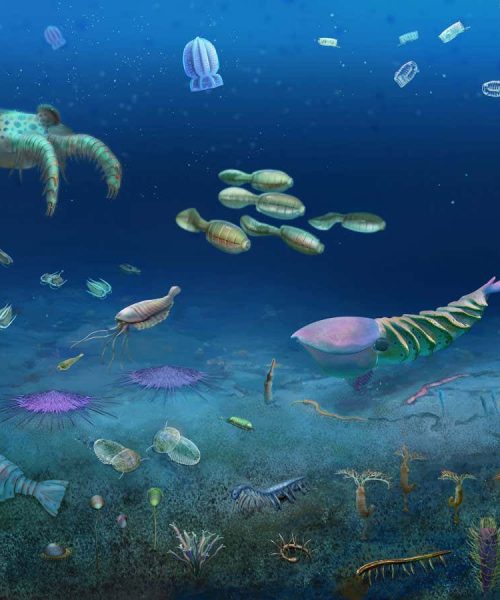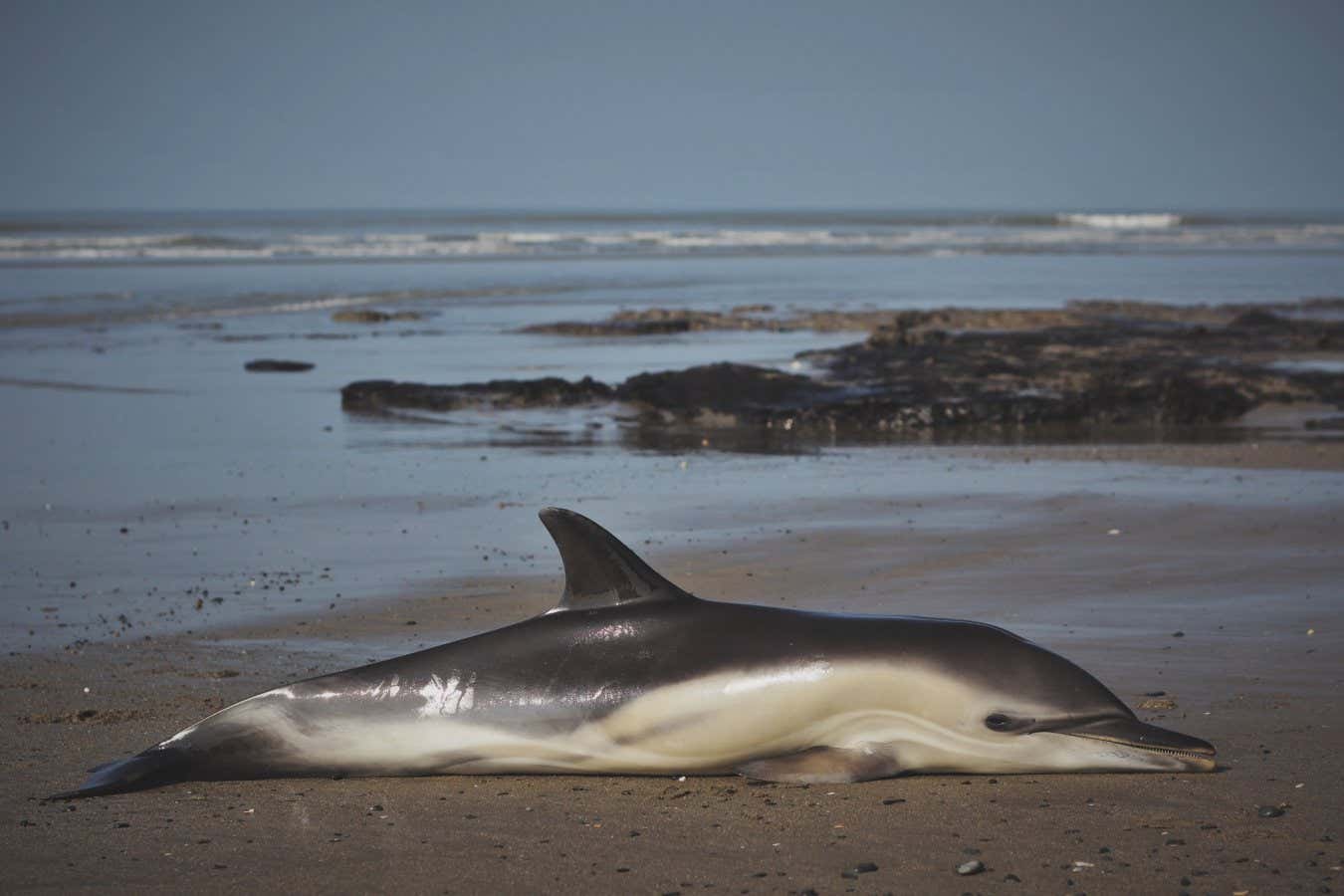
A common dolphin stranded on a UK beach
Waves & Wellies Photography
Dolphins in seas around the UK are dying from a combination of increased water temperatures and toxic chemicals that the UK banned in the 1980s.
Polychlorinated biphenyls (PCBs) are a long-lasting type of persistent chemical pollutant, once widely used in industrial manufacturing. They interfere with animals’ reproduction and immune response and cause cancer in humans.
Advertisement
In a new study, researchers showed that higher levels of PCBs in the body and increased sea surface temperatures are linked to a greater mortality risk from infectious diseases for short-beaked common dolphins (Delphinus delphis), a first for marine mammals.
The ocean is facing “a triple planetary crisis” – climate change, pollution and biodiversity loss – but we often look at threats in isolation, says Rosie Williams at Zoological Society of London.
Williams and her colleagues analysed post-mortem data from 836 common dolphins stranded in the UK between 1990 and 2020 to assess the impact of these interlinked threats.
They found a rise of 1 milligram of PCBs per kilogram of blubber was linked with a 1.6 per cent increase in the chance of infectious diseases – such as gastritis, enteritis, bacterial infection, encephalitis and pneumonia – becoming fatal. Every 1°C rise in sea surface temperature corresponded to a 14 per cent increase in mortality risk.
According to the study, the threshold where PCB blubber concentrations have a significant effect on a dolphin’s risk of disease is 22 mg/kg, but the average concentration in samples was higher, at 32.15 mg/kg.
Because dolphins are long-lived, widely distributed around the UK and high in the food chain, they are a good indicator species to show how threats might also affect other animals.
“Their position at the top of the food web means that toxins from their prey accumulate in their blubber, providing a concentrated snapshot of chemical pollutants in the ocean – though unfortunately at the expense of their health,” says Thea Taylor, managing director of Sussex Dolphin Project.
Despite being banned in the UK in 1981 and internationally in 2001, PCBs are still washing into the ocean. “They are still probably entering the environment through stockpiles and are often a side product or a byproduct of other manufacturing processes,” says Williams.
Cleaning up PCBs is very difficult. “Because they’re so persistent, they’re a nightmare to get rid of,” she says. “There is definitely not an easy fix.”
Some researchers are exploring dredging as a cleanup technique, while others are focused on improving water treatment plants’ effectiveness in removing persistent chemicals.
These findings indicate what might happen if action isn’t taken to ban perfluoroalkyl and polyfluoroalkyl substances (PFAS), another widespread group of so-called forever chemicals.
“While we cannot reverse the contamination that has already occurred, it is critical to prevent further chemical inputs into the environment,” says Taylor.
Topics:
